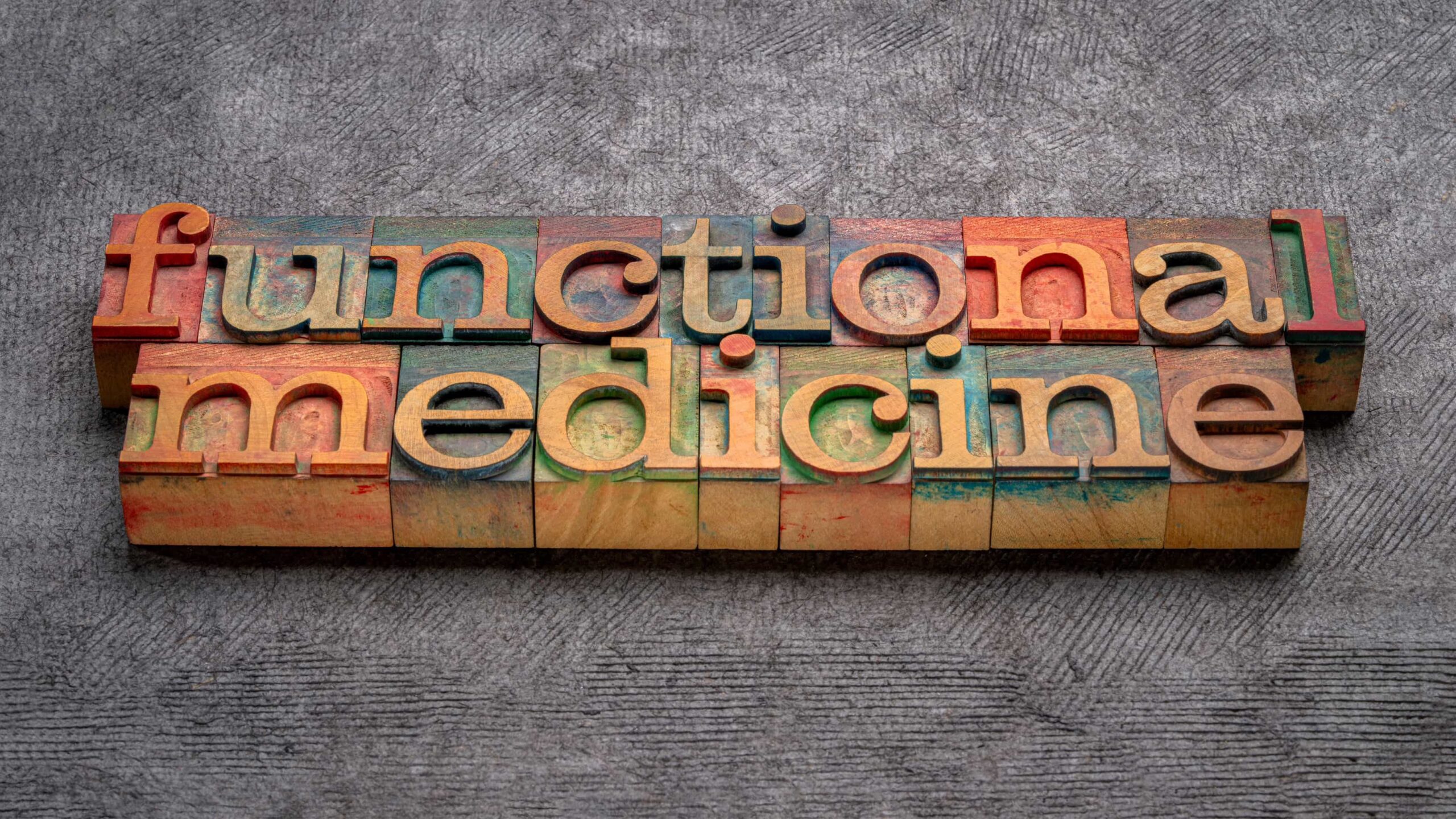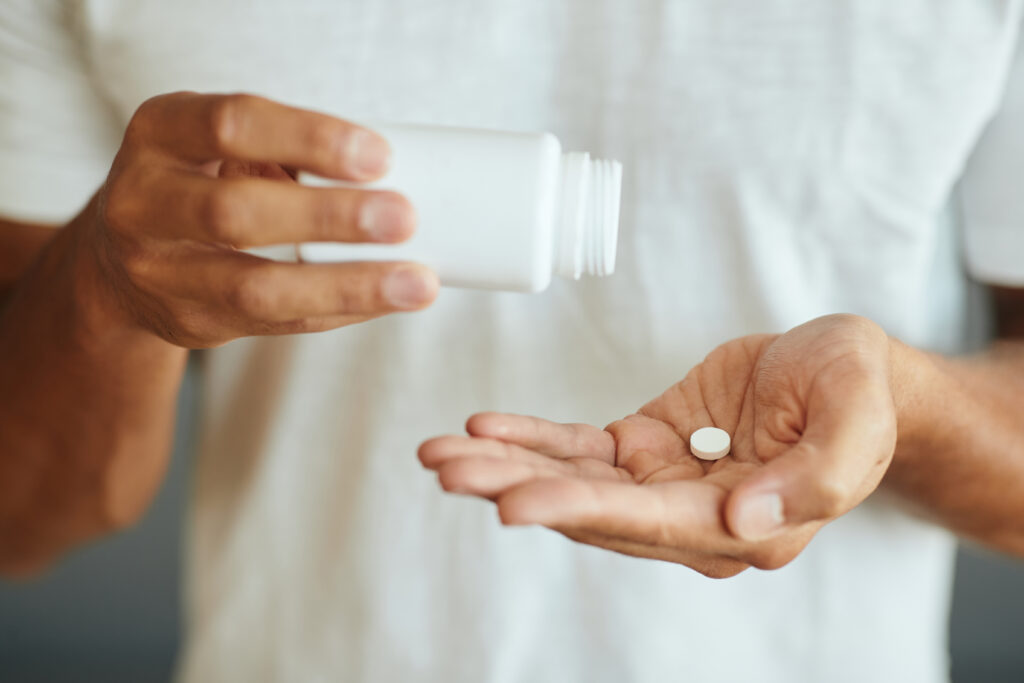Semaglutide is available in tablet or sublingual form as an oral option for weight loss without the need for injections.

Take semaglutide by mouth to support weight loss without injections. This medication helps with losing weight and keeping it off when combined with a healthy diet and exercise.
It works by increasing insulin release and lowering glucagon levels. It also affects parts of the brain that control hunger and food intake.
The review also noted that oral tablets may offer similar or better results and tolerability than many injectable GLP-1 medications.
However, not all forms of semaglutide have FDA approval for weight loss. Since these treatments are still new, more research is needed to fully compare oral and injectable options.
It’s also important to note that most of the research involved people with diabetes who were using insulin, which may have affected the results.
Because of this, further studies are needed to explore this topic in more detail.
Being overweight is a complex issue that usually needs a combination of treatments. These may include changes in diet, regular exercise, medication, and behavior programs.
Doctors define overweight as a BMI between 25 and 29.9. Obesity is defined as a BMI of 30 or higher.
After a full evaluation, a healthcare provider may prescribe oral semaglutide for overweight individuals.
People who qualify for oral GLP-1 medication take it once a day.
Weight loss results vary. Most people lose about 5% of their starting weight. Some may lose up to 10% in 12 weeks. For example, someone who weighs 300 pounds could lose 20 to 30 pounds.
However, results depend on many factors. Those who see the best results usually follow a healthy diet and stick to lifestyle changes.
Once you reach your goal weight, your provider may suggest a maintenance dose or a different oral medication.
GLP-1 injectable drugs are generally safe. However, rare complications can happen.
One possible issue is pancreatitis, which causes abdominal pain. Another is gastroparesis, which slows or stops food from moving through the stomach. Bowel obstruction can also occur, blocking food from passing through the intestines.
Less common but more serious side effects include gallstone attacks and bile duct blockage.
Most side effects are mild. Still, you should seek medical help right away if you have:
•Severe vomiting or diarrhea
•Strong stomach pain or tenderness
•Trouble passing gas or having a bowel movement
•Yellowing of the skin (jaundice)
If you’re scheduled for surgery or a procedure with general anesthesia, tell your healthcare provider.
Because GLP-1 drugs slow digestion, your provider may ask you to stop taking them a few days before surgery to keep your stomach empty.
The typical cost for GLP-1 oral medication is approximately $200 to $300 per month at the standard dosage. Prices for medication can fluctuate depending on the geographical location and the specific compound pharmacy being utilized.



